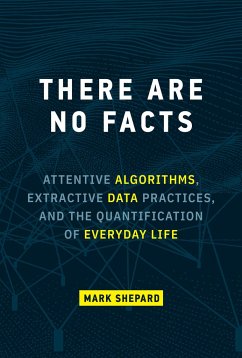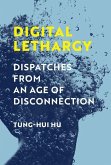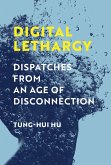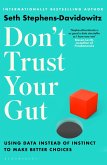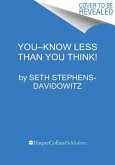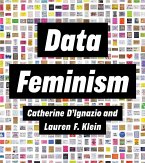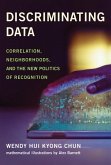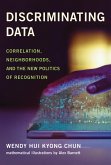"There Are No Facts examines the uncommon ground we share in a post-truth world. It unpacks how attentive algorithms and extractive data practices are shaping space, influencing behavior and colonizing everyday life. Articulating post-truth territory as an architectural and infrastructural condition, it shows how these spatial architectures of attention and datamining are in turn situated within broader histories of empiricism, objectivity, science, colonialism and perception. These entanglements of people and data, code and space, knowledge and power are considered across scales ranging from the trans-locality of the home to the planetary extent of the COVID-19 pandemic, with stops along the way at the corner bodega, a neighborhood for the proverbial 1%, a waterfront district in Toronto, and a national election. Through an introduction, nine chapters and a coda, the book addresses the erosion of a common ground on which truth claims were once negotiated and the epistemic fragmentation that results. It probes how these socio-technical systems bracket what we know about the world, how they construe our agency to act within it, and how they shape these spaces that, in turn, shape us"--

